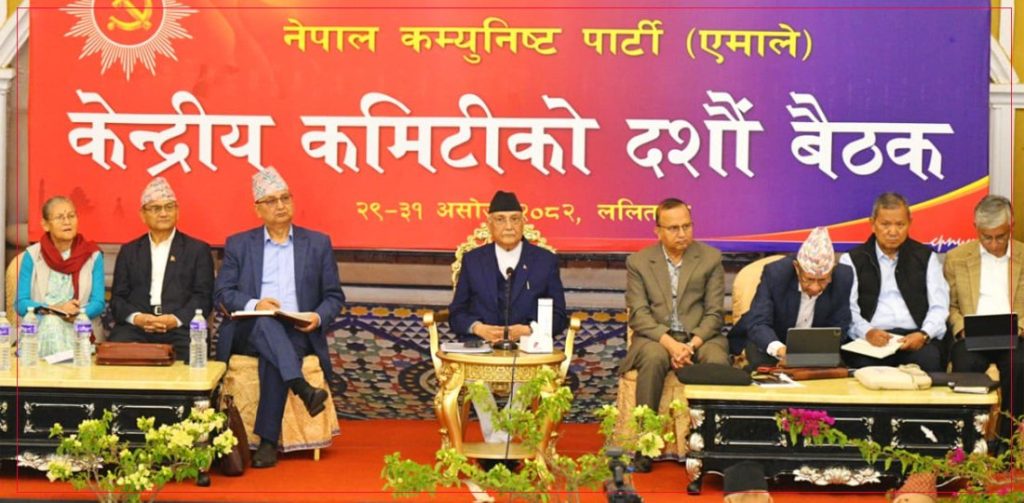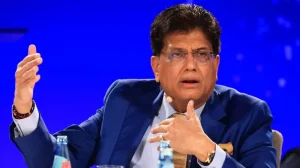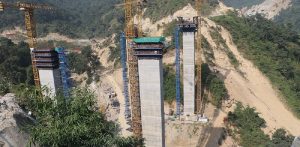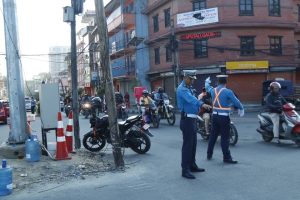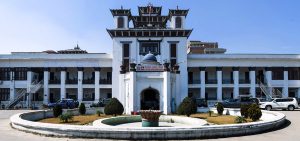Kathmandu — The Communist Party of Nepal (Unified Marxist–Leninist), known as CPN-UML, has formally called on its former members to return, signaling a renewed push for unity as Nepal faces deepening political uncertainty.
The three-day Central Committee meeting held in Bhanimandal, Lalitpur, passed a resolution urging those who once contributed to the party’s formation but later left to come back. Party leaders described the appeal as a step toward strengthening internal solidarity at a time of national difficulty.
According to the resolution, Nepal is experiencing an unprecedented national crisis, and reinforcing unity within the UML is essential. “At a time when the nation is facing extraordinary challenges, the Central Committee earnestly calls upon all comrades who once built this party and are now outside its fold to return home,” the statement said.
The UML leadership has assured that returning members will be welcomed with “dignity and respect.”
The party experienced a major split in December 2020 when then–Prime Minister KP Sharma Oli dissolved Parliament, leading to internal divisions. In August 2021, senior leader Madhav Kumar Nepal broke away to form the CPN (Unified Socialist).
However, the Unified Socialist is now facing internal challenges of its own. Chairman Madhav Kumar Nepal is under pressure to step down after the Commission for the Investigation of Abuse of Authority (CIAA) filed a corruption case against him in connection with the Patanjali land controversy.
While several other political parties have begun leadership restructuring and internal reforms following recent youth-led civic movements, the Unified Socialist has yet to launch its own organizational reform. Instead, it has been pursuing unity efforts with the Maoist Centre and other members of the Socialist Front.
Political analysts suggest that the UML’s “return home” campaign represents not only an attempt at reconciliation but also a strategic move to consolidate influence ahead of potential realignments in Nepal’s political landscape.
